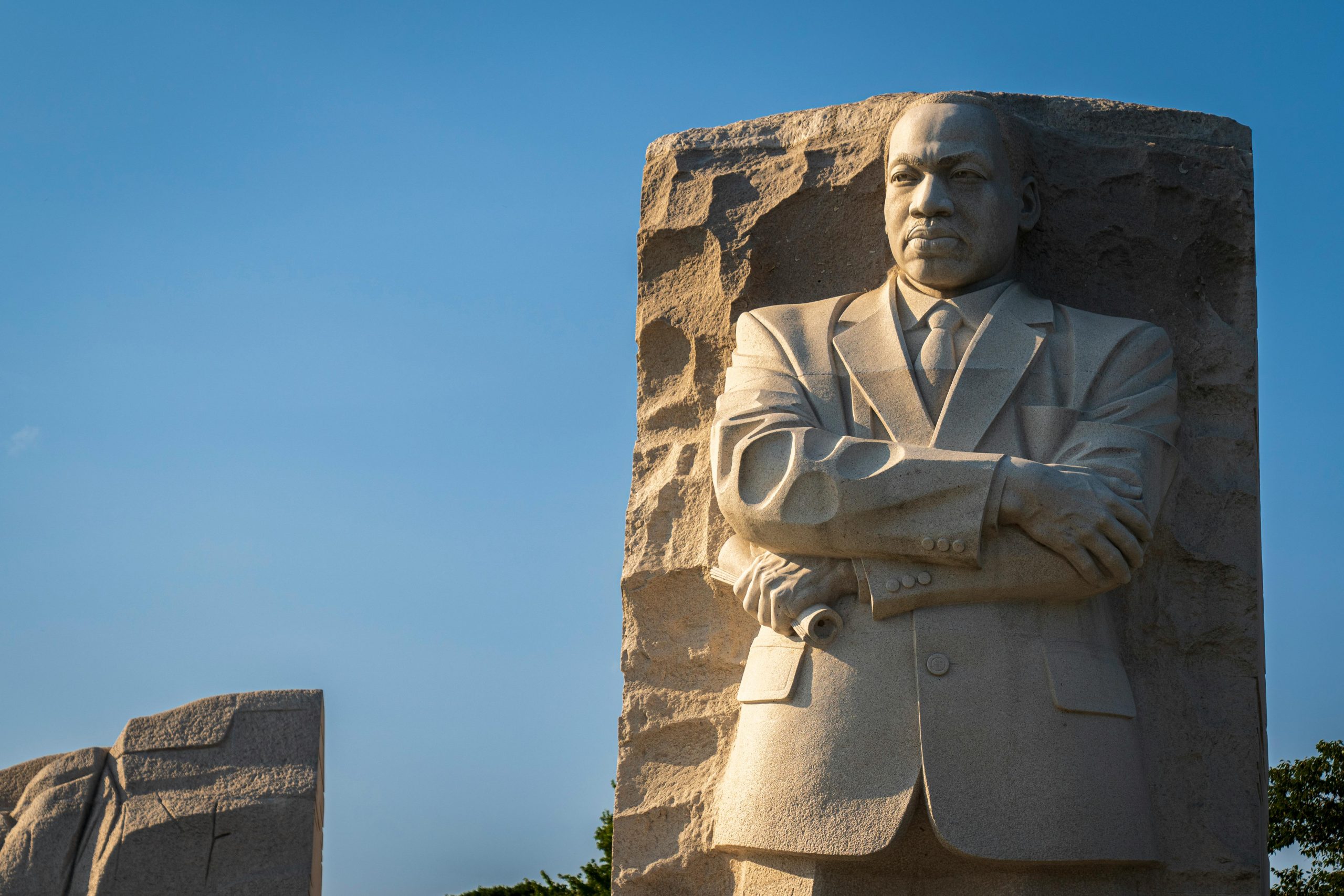Martin Luther King Jr. Day, celebrated on the third Monday of January, offers Americans a moment to reflect on Dr. King’s monumental contributions to racial equality and nonviolent social change. This year, January 20, 2025, marks a significant observance of the federal holiday dedicated to honoring his legacy, which continues to inspire movements for justice worldwide.
Historical Context
Dr. Martin Luther King Jr. was born on January 15, 1929, and became a central figure in the American civil rights movement. His leadership in pivotal moments such as the Montgomery Bus Boycott and the 1963 March on Washington, where he delivered his iconic “I Have a Dream” speech, cemented his place as a global symbol for peace and justice. Dr. King’s life was tragically cut short when he was assassinated on April 4, 1968.
Following his death, there were efforts to establish a national holiday in his honor. Though Congressman John Conyers first proposed the idea in 1968, it wasn’t until 1983 that President Ronald Reagan signed the King Holiday Bill into law, with the first official observance taking place in 1986. By 2000, all states recognized the holiday.
Significance of the Holiday
Martin Luther King Jr. Day is more than just a time to remember the past; it serves as a call to action. The day is marked by three key components:
- Commemoration of King’s Legacy: The holiday honors Dr. King’s fight for racial justice and equality, promoting his philosophy of nonviolence that still resonates in global movements for social change.
- National Day of Service: In line with Dr. King’s vision, the holiday encourages volunteerism and community service. Many Americans use the day to engage in activities such as mentoring youth, helping the homeless, or participating in local clean-up efforts, reflecting his belief that everyone has a role in building a better society.
- Education and Reflection: MLK Day also provides an opportunity to reflect on the ongoing struggles for civil rights and social justice. Schools and institutions often host educational events, and many people take time to learn more about Dr. King’s work and the broader civil rights movement.
Rare Overlap: MLK Day and Presidential Inauguration
An unusual occurrence will take place on January 20, 2025: Martin Luther King Jr. Day coincides with the inauguration of President-elect Donald Trump. This marks only the third time in history that a U.S. presidential inauguration falls on MLK Day, with prior instances in 1997 and 2013 during the second inaugurations of Bill Clinton and Barack Obama.
The overlap has sparked debate, as some critics of Trump see irony in the pairing. Trump has previously made controversial remarks comparing his rally crowds to Dr. King’s, prompting some activists to suggest that his policies are at odds with King’s legacy. Critics point to Trump’s rhetoric and policies, such as his stance on immigration, which they argue contradict King’s message of unity and equality.
While Trump’s inauguration is set to take center stage, Dr. King’s family has urged people to observe the day in a way that honors his memory. Bernice King, Dr. King’s daughter, emphasized the importance of paying attention to both the inauguration and the values that MLK Day represents—advocacy for justice, service, and community engagement.
A Day of Action
Ultimately, Martin Luther King Jr. Day is about more than just reflection. It’s a day that calls individuals to transform remembrance into action. Whether through community service, education, or engagement in social issues, the holiday serves as a reminder that Dr. King’s vision of equality and justice remains a work in progress. It challenges each person to contribute to a more just and compassionate world, just as Dr. King did throughout his life.
Photo by Mark Stebnick on Pexels



